In my dreams I hear again the crash of guns, the rattle of musketry, the strange, mournful mutter of the battlefield

In my dreams I hear again the crash of guns, the rattle of musketry, the strange, mournful mutter of the battlefield
Douglas MacArthur was a legendary American general who played a crucial role in several major conflicts, including World War I, World War II, and the Korean War. Throughout his military career, MacArthur witnessed the horrors of war firsthand and experienced the deafening sounds of battle that haunted him even in his dreams."In my dreams I hear again the crash of guns, the rattle of musketry, the strange, mournful mutter of the battlefield," MacArthur once said, reflecting on the lasting impact of his wartime experiences. These haunting sounds were a constant reminder of the sacrifices made by soldiers on the front lines and the brutal realities of combat.
During World War I, MacArthur served as a brigadier general in the United States Army and saw action in several major battles, including the Meuse-Argonne Offensive. The sounds of gunfire and explosions became a familiar soundtrack to his days and nights, as he led his troops through the chaos and carnage of the Western Front.
In World War II, MacArthur played a key role in the Pacific Theater, leading Allied forces to victory against the Japanese Empire. The battles of Bataan, Corregidor, and Leyte Gulf were some of the most intense and brutal of the war, with the sounds of artillery and small arms fire echoing across the islands.
But perhaps the most haunting of all were MacArthur's experiences during the Korean War, where he commanded United Nations forces against the communist forces of North Korea and China. The bitter cold, rugged terrain, and fierce fighting created a nightmarish landscape of death and destruction, with the sounds of battle ringing in MacArthur's ears long after the guns fell silent.
Despite the toll that war took on his psyche, MacArthur remained a steadfast and resolute leader, determined to see his troops through to victory. His experiences on the battlefield shaped his character and his approach to leadership, instilling in him a deep sense of duty and sacrifice that would define his legacy for generations to come.

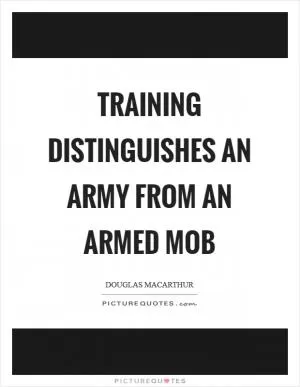
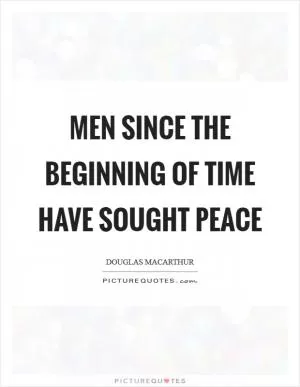

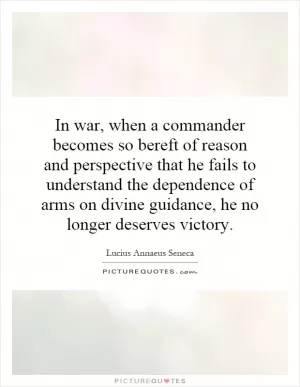
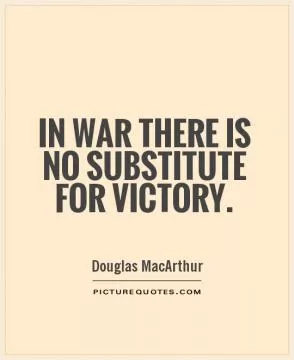

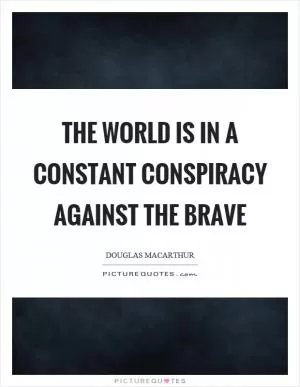
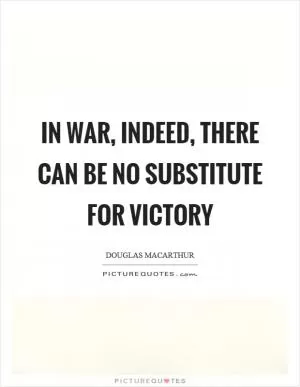



 Friendship Quotes
Friendship Quotes Love Quotes
Love Quotes Life Quotes
Life Quotes Funny Quotes
Funny Quotes Motivational Quotes
Motivational Quotes Inspirational Quotes
Inspirational Quotes